#NHTSA
Department of Justice Launches Criminal Probe Into Tesla Self-Driving Claims
News broke Wednesday that Tesla was under investigation by the U.S. Department of Justice, regarding the company’s claims about the self-driving nature of its vehicles. The DOJ has been working on the investigation for some time, as it was launched in 2021 but was not disclosed at that time. Turns out it might be time for a government evaluation of whether “Full Self-Driving” Teslas are misleading.
Hyundai and Kia's Decade of Very Troublesome Engines Continues
In what’s only the latest in a long history of engine-related legal battles in the form of recalls, individual owner lawsuits, and class action suits, Hyundai and Kia find themselves entangled in the latter once more. This time, the list of the affected vehicles is much larger than in previous instances. It seems the calendar has now crossed the decade mark with regard to major engine issues in Hyundai and Kia vehicles. Oh, and they’re also super easy to steal, too.
Government Inches Closer to Mandatory Breathalyzers, Driver Monitoring
In the past, someone who had an ignition interlock device equipped to their vehicle typically needed to be found guilty of some criminal offense. But they may become commonplace if the National Transportation Safety Board (NTSB) gets its wish to have breathalyzers installed into all new vehicles.
With crash rates spiking dramatically and substance abuse on the rise, there’s good reason to fret over impaired drivers. Last week, the NTSB cited a fatal incident where alcohol led to the death of nine people on the road – the majority of which were children – as the main reason for it to call for alcohol impairment detection systems to be included in all new vehicles. Though it’s hardly the only one, as the concept of mandatory breathalyzers has been around for decades.
Nissan Issues Stop-Sale On New Z, Manual Variant Unaffected
The new 2023 Nissan Z has suffered an embarrassing setback, with the automaker issuing a stop-sale order for all models not equipped with the six-speed manual. Dealers were informed to suspend sales late in August. But it wasn’t until recently that the world caught wind of why.
It seems that Nissan is concerned about the possibility of a roll-away when the vehicle is left in park. Interestingly, this issue also cropped up in some late-model Frontier pickups that happen to share the Z’s nine-speed automatic transmission manufactured by Jatco.
NHTSA Updating Guidance for Connected Cars, Cybersecurity
Despite having a formal mission objective to “save lives, prevent injuries, and reduce vehicle-related crashes,” the National Highway Traffic Safety Administration (NHTSA) has been shifting some of its focus toward automotive connectivity over the last few years. In fact, the agency has recently updated its guidance for vehicle cybersecurity – which was originally penned in 2016.
While this raises questions about the true role of the NHTSA, most government regulators have been flexing their muscles as new automotive technologies lacking clearly defined directives become increasingly commonplace. Besides, the safety agency has at least managed to tie its cybersecurity guidance (which is currently voluntary) to hacking concerns that could affect how the affected car behaves and how that might translate into physical harm for those on the road.
Lotta Auto Recalls This Week
If the industry is trying to shake the growing assumption that modern vehicles aren’t as reliable as their predecessors, it certainly did a poor job of it this week.
NHTSA Boss Leaving to Head California Air Resources Board
The National Highway Traffic Safety Administration (NHTSA) has had a difficult time finding permanent leadership ever since Mark Rosekind resigned in 2017. But the Senate managed to confirm Steven Cliff as administrator in May of 2022, providing the agency with some welcome but short-lived stability. The NHTSA announced that its current boss would be leaving to join the California Air Resources Board (CARB) on Friday.
Opinion: The Washington Post Catches Up to the Perils of Self-Driving
As much as I am a news junkie, I do try to disconnect a bit on weekends. Yet, this past Sunday, I had an hour to kill and a smartphone by my side, so I perused the headlines of our major newspapers.
NHTSA Issues Initial Crash Report for Driver Assist Tech
In 2021, the National Highway Traffic Safety Administration (NHTSA) asked manufacturers to begin reporting vehicle accidents where Advanced Driver Assistance Systems (ADAS) and/or semi-autonomous driving aids were engaged. The agency was specifically interested in incidents where such systems were active at least 30 seconds prior to the crash, hoping it might shed some light as to the technologies at play while the industry continues to make it standard equipment.
Report: 50 Million U.S. Cars Still Subject to Recalls
The latest data from Carfax has indicated that roughly 50 million U.S. vehicles presumed to still be in operation still have outstanding recalls that have yet to be addressed. Though the good news is that this represents a 6 percent decline from 2021 and a meaningful 19 percent drop against 2017.
Still, the metrics may not be wholly down to better communication on the part of the manufacturer and people taking recall notices more seriously. Between 2013 and 2015, the average number of U.S. vehicles and equipment subjected to recalls per year went from 26.3 million to 83.6 million. While the annual averages have come back down since, recalls have remained substantially higher than in decades past.
Goodyear Recalls Tire Nobody Uses Anymore
Goodyear has agreed to recall more than 173,000 intended for commercial delivery vehicles and RVs nearly two decades after the last one was manufactured. The company’s G159 tires have been under investigation by the National Highway Traffic Safety Administration (NHTSA) since December of 2017 and the recall comes in the wake of years of lawsuits alleging the rubber contributed to a series of fatal accidents dating back to 1998.
Despite no new claims having launched in years, court orders and settlement agreements delayed an order to make corporate data pertaining to the tire-buying public for five full years. The NHTSA didn’t even launch a formal investigation until late in 2017, followed by the recent announcement that the agency has pushed Goodyear into a recall for a tire that ended production during the Bush administration.
Mercedes Recalling Almost One Million Cars Over Bad Brake Boosters
Over the weekend, Mercedes-Benz announced a global recall campaign encompassing nearly a million vehicles it believes could be afflicted with faulty brake boosters.
“We have found that in some of those vehicles, the function of the brake booster could be affected by advanced corrosion in the joint area of the housing,” the automaker explained in a statement.
While the issue is global, the United States is believed to account for roughly 300,000 units, with the National Highway Traffic Safety Administration (NHTSA) advising against driving any vehicle involved in the recall. Affected units will undoubtedly offer lowered braking performance and can even cause total brake failure in some instances. Rare or not, the NHTSA feels this one is simply too risky to chance.
Why Are Traffic Deaths Increasing While People Are Driving Less?
The latest data from the National Highway Traffic Safety Administration (NHTSA) is confirming what local agencies have already been suggesting. Last year represented another sizable increase in U.S. roadway fatalities, pitching up by 10.5 percent over the elevated death rate witnessed in 2020. The agency has estimated that 42,915 people were killed in 2021, whereas 2020 resulted in 38,824 fatalities — a 7.1-percent increase over the declines seen in 2019. While the current situation is not nearly as bad as the rates witnessed during the 1970s, this still represents the highest per capita fatalities in sixteen years and everyone is trying to get a handle on why.
Traffic deaths have been on the rise since the start of the pandemic, confusing everyone who counts crashes because the supporting data also shows that there was a lot less driving being done during the period. Historically, years where people are disinclined from hitting the road due to a beleaguered economy tend to represent far fewer traffic-related fatalities. We can see this happening in 1942 when the U.S. braced itself to enter World War II by rationing everything from fuel to rubber. Another glaring example takes place in 1932, as the nation reached the darkest point in the Great Depression. In fact, there are very few examples of per capita improvements in on-road deaths from the pre-war period, and those that do exist coincide directly with economic recession.
NADA Wants to Stop Catalytic Converter Theft
The National Automobile Dealers Association (NADA) and a dozen related trade groups are petitioning Congress to crack down on stolen catalytic converters. The emission control devices are loaded up with valuable metals and are relatively easy to steal if you’re slim enough to get beneath a parked car and happen to have a reciprocating saw handy — making them prime targets for cash strapped criminals, especially now that material prices are on the rise.
Cities across the country have reported an increase in catalytic converter theft this year. While a majority of police departments are estimating a year-over-year increase of under 40 percent, some have said their figures are substantially larger. In March, Las Vegas Police Department estimated there were 87 percent more vehicles with hacked apart exhaust pipes in 2022. Philadelphia was even higher, reporting a staggering 172 percent increase in dismantled exhaust systems.
California Proposal Calls for 68 Percent EV Sales By 2030
Now that the U.S. Environmental Protection Agency (EPA) looks poised to reinstate California’s waiver under the Clean Air Act — allowing the state to establish stricter tailpipe emissions than the federal limits — the coastal region has resumed its quest to abolish gasoline-powered vehicles in earnest. While the California Air Resources Board (CARB) has yet to finalize all the details, the latest proposal calls for strengthened emissions standards for new light-duty vehicles in anticipation of the necessary approvals.
The scheme would require pure electrics and plug-in hybrids (PHEVs) to make up 35 percent of new-vehicle sales for the 2026 model year. By 2030, that number will become 68 percent before hitting 100 percent for MY 2035. CARB said zero-emission vehicles comprised 12.4 percent of the state’s new market in 2021, hinting that the number could have been higher without the Safer Affordable Fuel-Efficient (SAFE) Vehicles Rule Part One having stifled its progress.




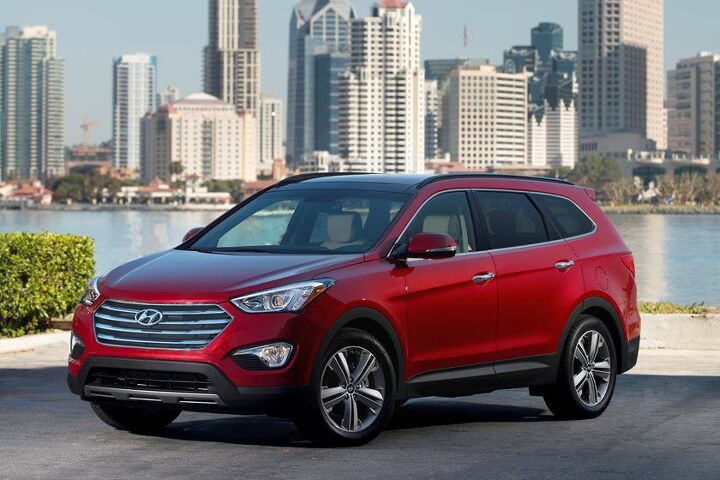




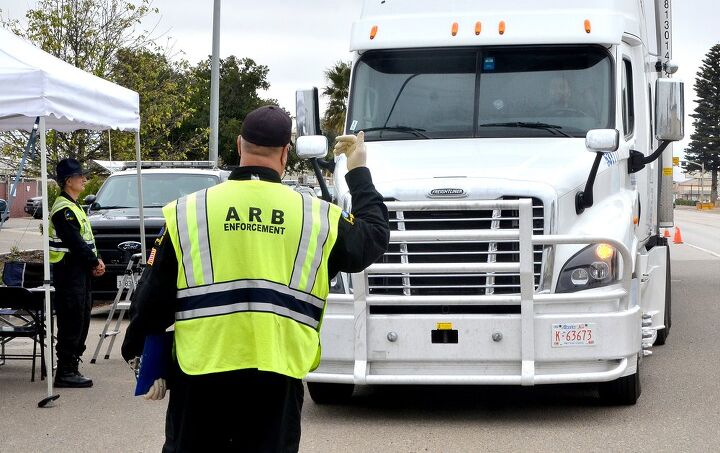

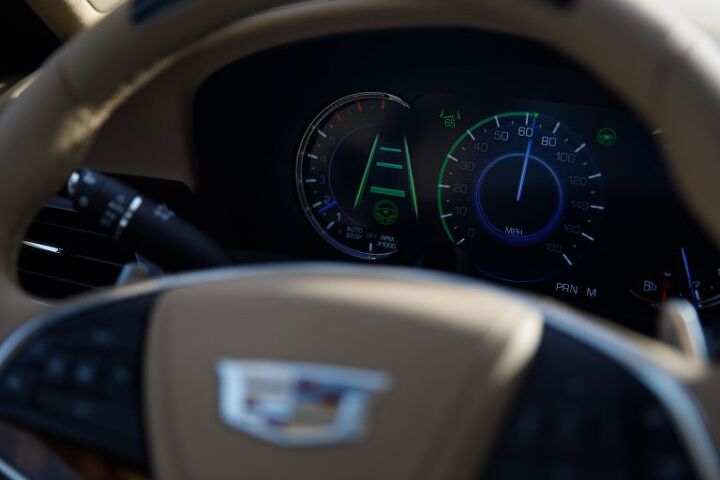
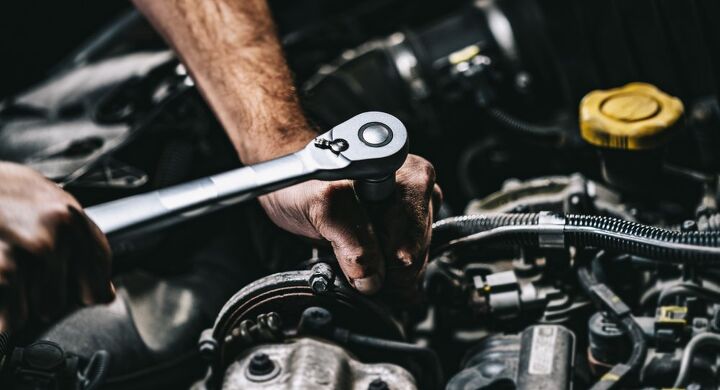

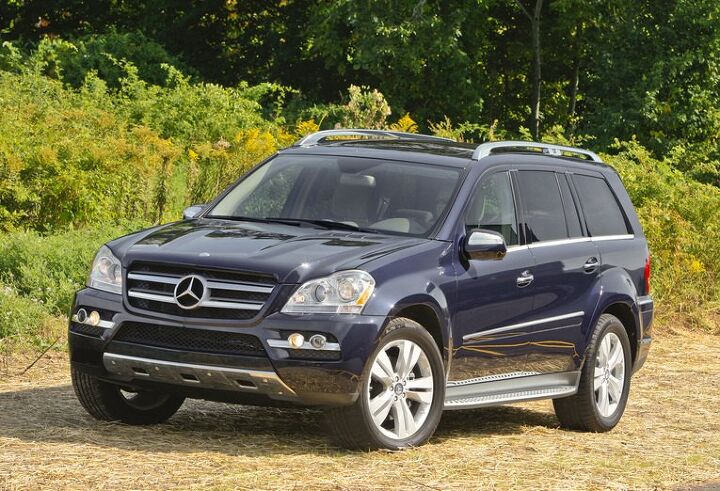
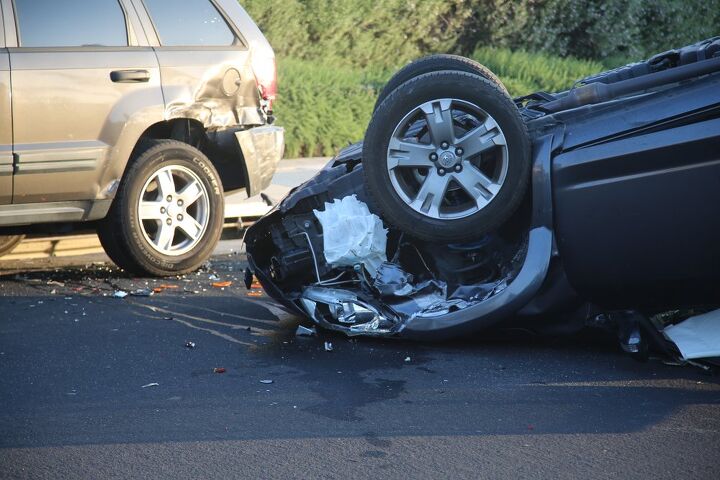
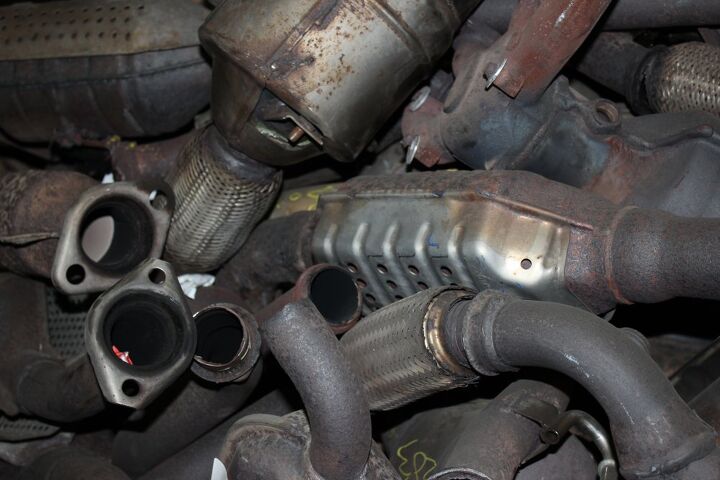













Recent Comments